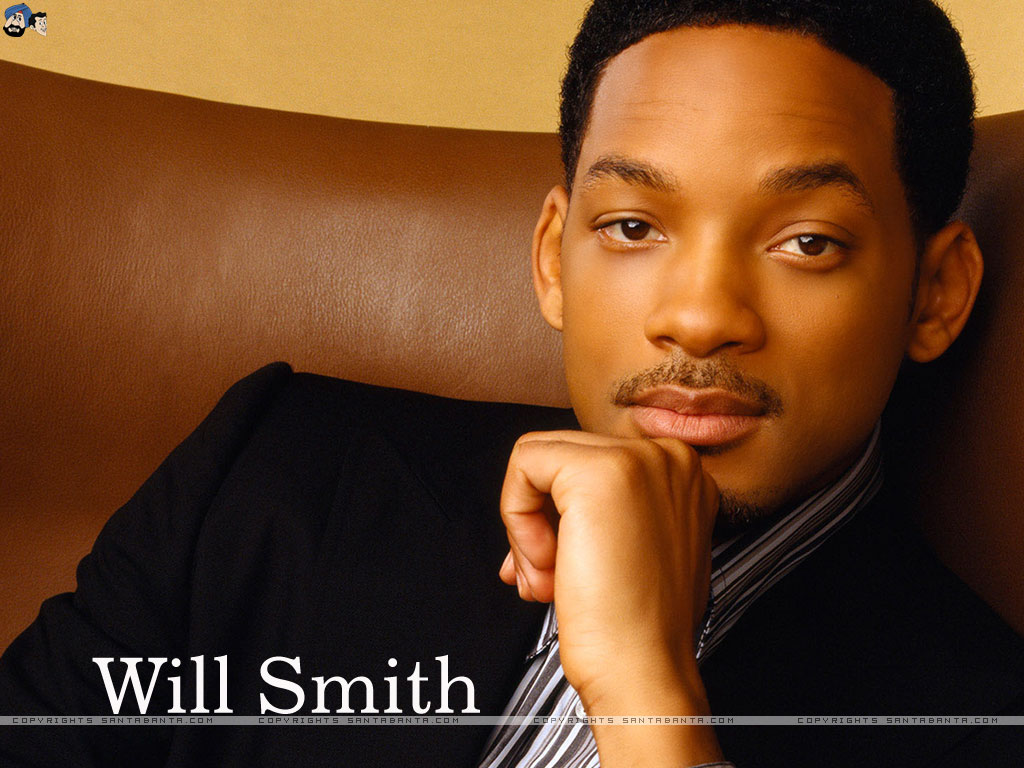Wow. I just finished reading Edith Wharton's classic The House of Mirth. It follows a young woman, Lily Bart, through her energetic and often successful efforts to ensconce herself well within the most elevated echelons of high society in New York at around the turn of the previous century. The insights of the story about success, happiness, wealth, reputation, and status are deep and lasting. It's an incredible book. And, what an ending! But no spoilers here are to be feared. The main lesson I took away from it is how common and awful and damaging cowardice is in human life.
Many of us have times when we refrain from speaking up as needed, or doing the right thing, the hard thing, and the best thing, out of cowardice. But it's often terribly hard to admit that, and why? Again, cowardice. It's a quality that hides itself with itself. The word has such a demeaning negative connotation that no one wants to use it of themselves, even to themselves. But sometimes, the first spark of courage is the frank recognition of cowardice.
When I've been courageous, most often great things have ensued. When I've been ... the other thing ... events have not tended to go so propitiously. And that's just a way of saying that the fears ingredient in cowardice tend to be self defeating in their unintended consequences, a matter which is both ironic and noteworthy.
Cowardice is just the momentary state of being overcome by the feared consequences of an action that we believe to be right, or demanded of us. The problems with it go even beyond its self undermining tendencies. First, it typically depends on an overheated imagination, an inner mental vision of consequences that's often very wrong in its projections, either about what would happen if we did the brave thing, or about how we'd make it through those troubles that we envision as following from it.
Second, individual instances of cowardice, moments of failure in this regard, tend to create a habit of allowing its fear nature to hold us back. And with a strong enough habit, you have a disposition or an ongoing character trait that you don't want to have. No one seeks to be a coward.
The morally preferable alternative of courage isn't about doing dangerous things, or living on the edge. It's only about being able to do what's right, even when it's challenging or difficult, or when it may have some personally unpleasant consequences. Courage is guided by higher values. Cowardice is never the path to happiness or success. Courage often is. And that's a deep lesson in many works of illuminating fiction, including The House of Mirth.




















